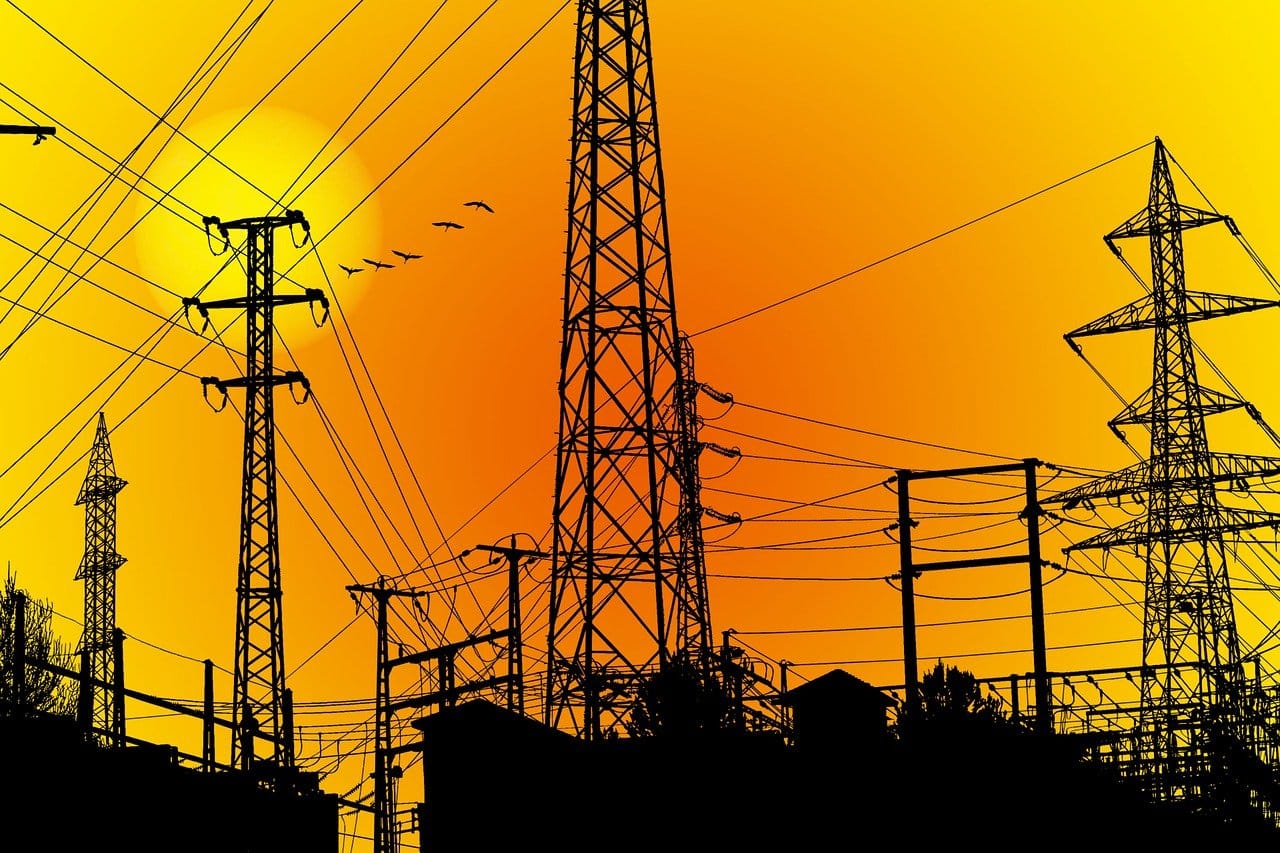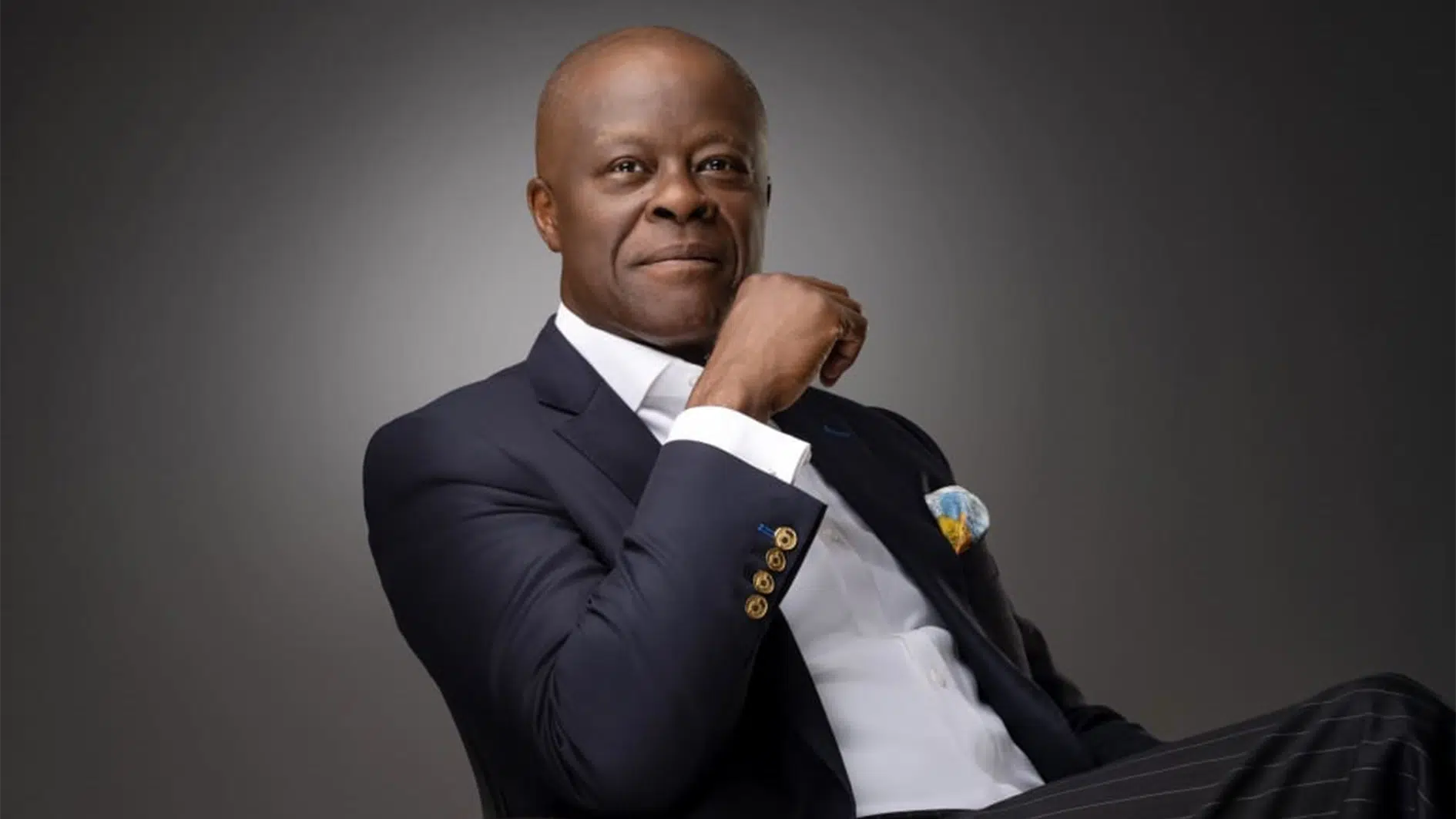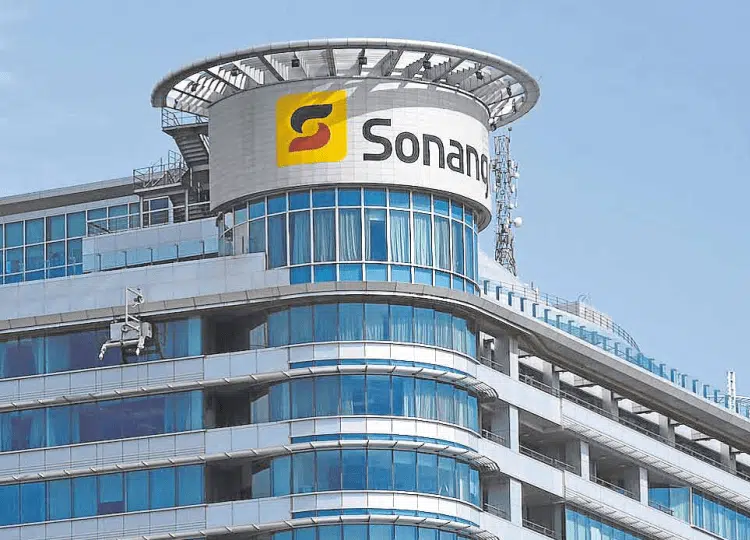Some rural dwellers in northern Nigeria in Kaduna have rejected the recent upgrade of their electricity feeder to Band A by Kaduna Electric, citing high tariffs and inadequate consultation.
The residents of Millennium City community said the new tariff band, though designed to guarantee longer hours of electricity, is economically unsustainable for most households in the area.
In a memo seen by Energy in Africa, the residents, led by Katuka’n Danhonu Community Chairman, Abu Mohammed, appealed to the Nigerian Electricity Regulatory Commission (NERC) to intervene and halt the implementation.
They said the decision to migrate them to Band A and commence meter replacement was taken despite their objections and ongoing discussions with the distribution company.
Band A refers to the highest electricity supply category under Nigeria’s electricity Service-Based Tariff (SBT) system.
Customers in Band A are supposed to receive at least 20 hours of electricity supply per day.
According to the community, most residents are low-income earners, public servants, and mortgage homeowners already burdened by inflation and other rising costs.
“Our communities consist mainly of low-income earners, mortgage homeowners and public servants who are already financially burdened by inflation and statutory deductions.
“The imposition of Band A tariffs and new metering will only exacerbate these challenges and may lead to social tension and non-compliance among residents,” the memo read in part.
They argued that while Band A customers are expected to receive up to 20 hours of power daily, the corresponding tariff rate would further strain household finances.
The community urged the Commission to direct the utility to suspend all metering activities and revert the feeder to its previous Band B status pending further review.
What residents are saying
In a separate letter to NERC’s Forum Office in Kaduna, the community explained that they had personally financed electrification projects, including transformers and other infrastructure, without assistance from Kaduna Electric.
They said it was unfair to impose higher tariffs on residents who had contributed to building and maintaining the power infrastructure.
The residents warned that the tariff hike could lead to non-compliance and social tension within the area if not addressed promptly.
They called for an urgent dialogue between NERC, Kaduna Electric, and community representatives to reach a fair resolution.
Background
In January, the Nigerian government proposed moving more electricity consumers to the Band A tariff category instead of introducing another rate hike.
Minister of Power, Adebayo Adelabu, made this known during his ministry’s 2025 budget defence before the Senate Committee on Power.
Adelabu explained that the plan was to expand the Band A category rather than raise tariffs across all customer classes.
According to him, “90% of consumers paying tariffs on Band A have confirmed the benefits of being in Band A,” he told lawmakers.
Tariff adjustments and reviews
Earlier in April 3, 2024, the Nigerian Electricity Regulatory Commission (NERC) approved a tariff increase for Band A customers—from ₦66 to ₦225 per kilowatt-hour (kWh).
A month later, the government also approved a downward review to ₦206.80 per kWh following widespread criticism.
Under NERC’s Service-Based Tariff structure introduced in October 2023, consumers are classified by hours of daily electricity supply.
Band A customers are expected to enjoy 20–24 hours, Band B (16–20 hours), Band C (12–16 hours), Band D (8–12 hours), and Band E (4–8 hours).
What you should know
Beyond Kaduna State, similar protests have erupted in other places in the country since the implementation of the new tariff
According to reports, residents in a rural community in Lagos recently demonstrated against what they called a “forceful migration” to Band A by Ikeja Electric Distribution Company.
The residents carried placards with inscriptions such as “Re-emigrate our communities to Band B” and “Scrap all bands; stop the inequality.”
Many said they could not afford the ₦227 per kWh rate.
As inflation continues to affect household incomes, many consumers say they are being priced out of access to essential power.
The outcome of these disputes may determine how far the government can go in expanding Band A coverage.








